ARESNE WENGER: - IS HE OVER RATED OR UNDER RATED
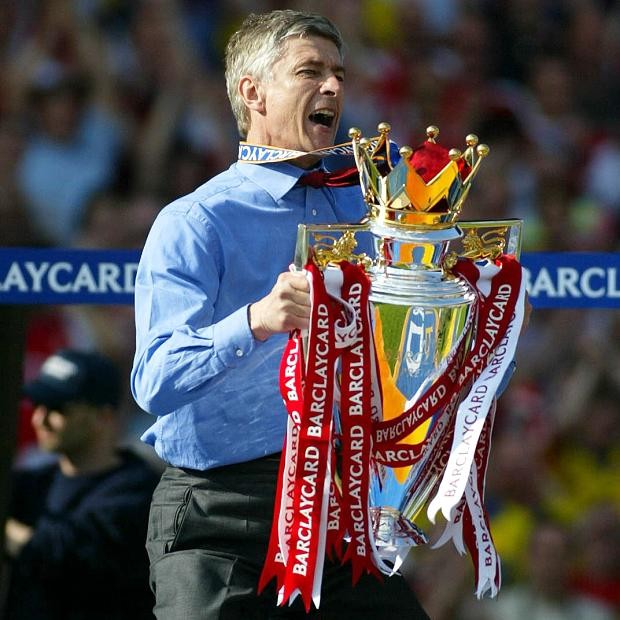
With a name like Arsène, it seemed fitting that Arsène Wenger became the manager of Arsenal football club. Indeed, one of the books about his tenure in North London is titled Arsenal: The Making of a Modern Super club, by Alex Fynn. When he arrived in the marble halls of Highbury on September 30, 1996, Wenger and Arsenal needed each other. He needed to prove himself against the best competition imaginable, and they needed a manager who could lead them back to glory.
But there were doubters. More important than in the English media, including the Evening Standard, publisher of the infamous headline "Arsène Who?" were those within the club. As with on a hockey team, on a soccer team, the post of Captain is more important than it is in baseball, basketball, and American football. And the Arsenal Captain, centre back Tony Adams, later admitted, "At first, I thought: What does this Frenchman know about football? He wears glasses and looks more like a schoolteacher. He’s not going to be as good as George. Does he even speak English properly?
He not only changed the way the players warmed up, including added stretching, but streamlined their training-day and game-day diets, introducing pasta and leaner cuts of meat than they’d been used to. And he insisted on reducing their alcohol intake. Arsenal finished 3rd in 1997, their best finish in 6 years. With a proper summer transfer window to work with, Wenger went to work, continuing his "French Revolution" by signing teenaged forward Nicolas Anelka from Paris Saint-Germain and his former Monaco defensive midfielder Emmanuel Petit. He also reasoned that Bergkamp might work well with Dutch winger Marc Overmars; they had played together at the mighty Ajax Amsterdam. It worked beautifully: Trailing Manchester United by 13 points in the winter, Arsenal stormed back, beating Man U away on a late Overmars goal, took 48 out of a possible 54 points, and clinched the title for the 11th time—but the first time under the Premier League name—in a home game at Old Trafford, beating Liverpool-based Everton 4-0.
And in the 2001-02 season, Arsenal played better than ever in the history of the club. They became the first team ever to score in every game of a League season. They didn’t lose an away game all season long. Arsenal’s unbeaten streak, which began late in the 2002-03 season after the loss to Leeds, extended to 49 straight games, a new English record, before they went to Old Trafford and were eventually beaten. The unbeaten string is Wenger’s greatest achievement. It is the greatest achievement of any manager in the history of British football.
I don’t know what the odds are on a Premier League team going 49 straight League games without a loss, but they must be astronomical, even now, 10 years after it was proven possible. And it wasn’t lucky. But it took 50 games for bad luck to triumph over Arsene’s brilliance and the players’ work and style. Show me another manager who can do that, in the toughest league in the world. Bayern has now done 50 in Germany, and Milan and Juventus have done 49 in Italy (Milan making it all the way to 58 in 1993) — but those teams don’t face Stokies, Mackems and Brummies. And neither Real Madrid nor Barcelona has done it, with any manager, for all their resources.
When we say there’s only one Arsene Wenger, above all other reasons, it’s because of this unique achievement.

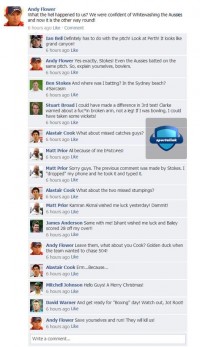
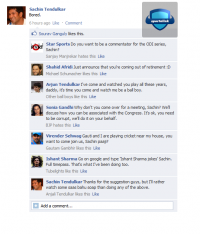


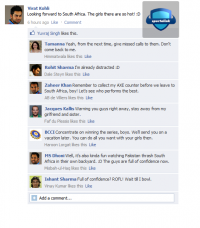


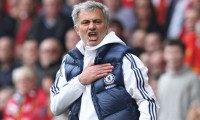



0 Comments/Replies